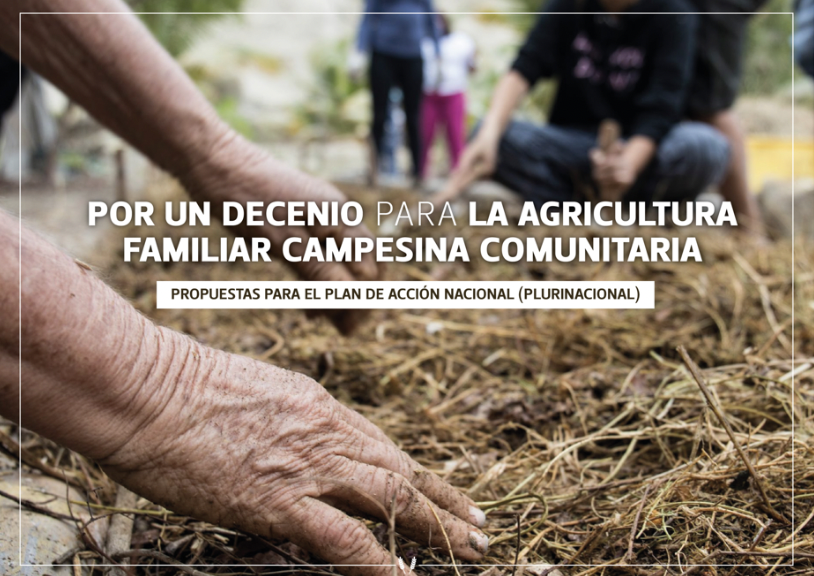Down on the farm: Wall street: America's new farmer
The first years of the twenty-first century will be remembered for a global land rush of nearly unprecedented scale. An estimated 500 million acres, an area eight times the size of Britain, was reported bought or leased across the developing world between 2000 and 2011, often at the expense of local food security and land rights. When the price of food spiked in 2008, pushing the number of hungry people in the world to over one billion, the interest of investors spiked as well, and within a year foreign land deals in the developing






